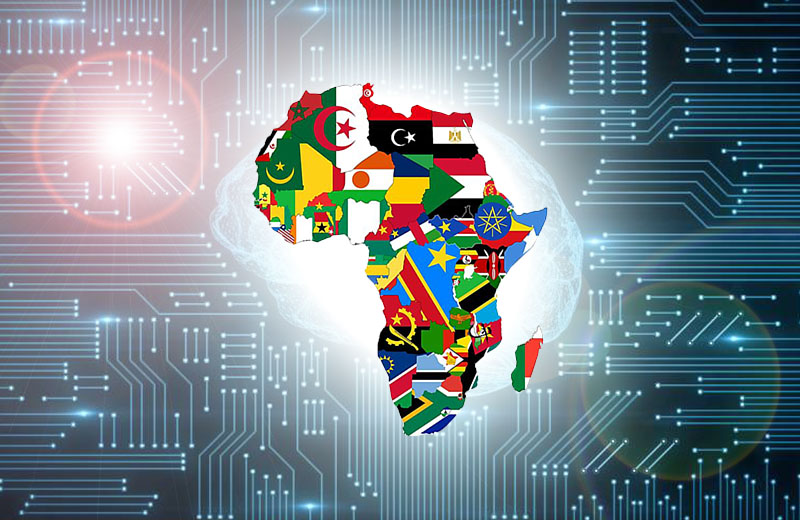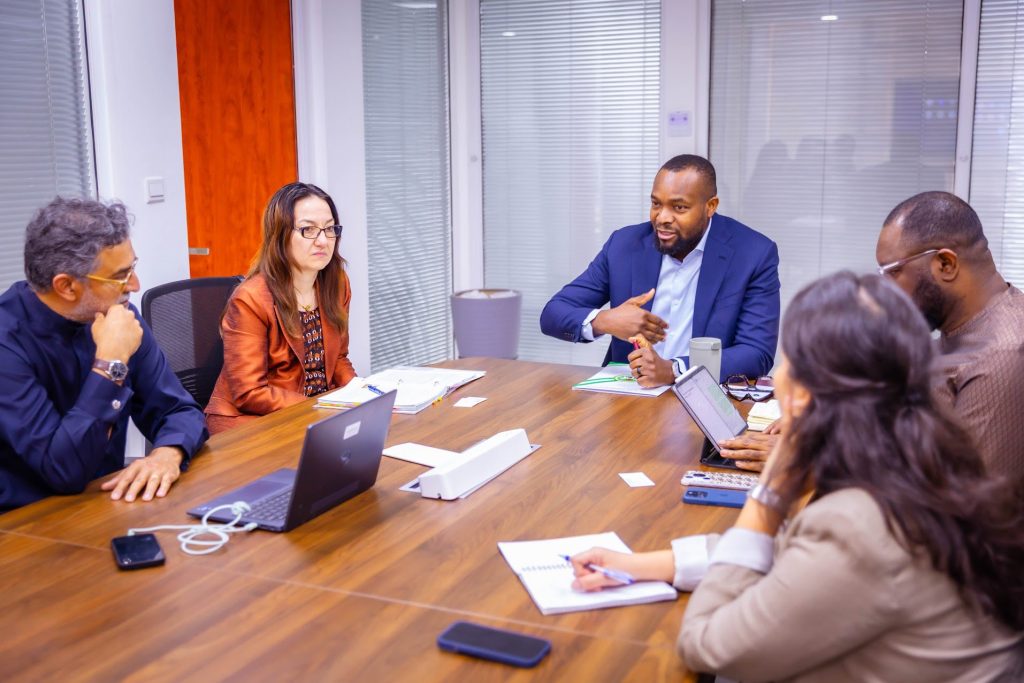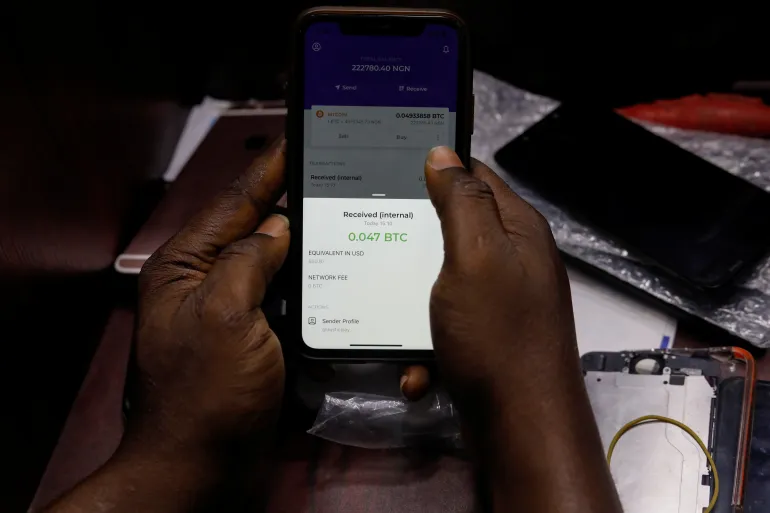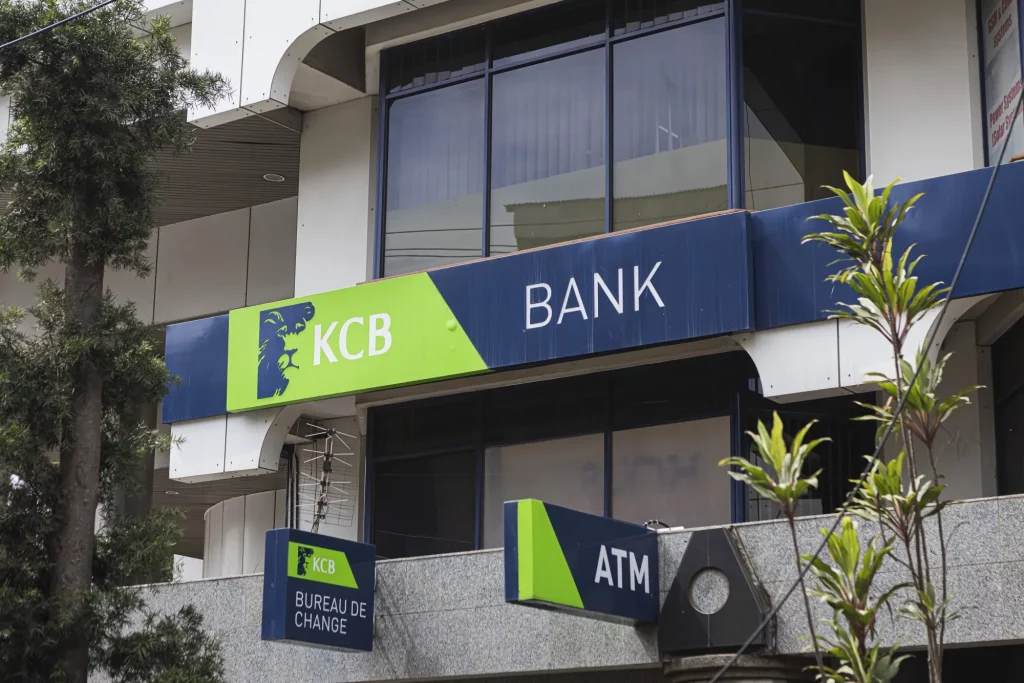This article was contributed to TechCabal by Titilope Adedokun. Adedokun is a community builder helping individuals and companies create sustainable change and put social impact at the forefront of their mission. She is the founder of Sisterly HQ.
A glance at the headlines of most tech publications would show you that Africa’s tech ecosystem is fast-growing and iridescently glowing. In 2022 alone, African tech start-ups have raised over $7 billion in funding. This is a testament to the opportunities that exist in tech, and how quickly and strategically Africans are utilizing them. However, despite these numbers, the development of diversity, equity, and inclusion (DEI) in this ecosystem falls short.
For example, entryways into tech are less accessible to youth in rural and low-income communities than to their wealthier peers across Africa. Women make up only 30% of tech professionals in Africa. Additionally, sexual assault and mistreatment allegations have rocked the African tech ecosystem in recent months. In light of these, it is clear that there is a DEI question desperately waiting to be addressed, and this question will not be filled by managers or leaders who do not have the training or expertise to tackle the complexities of diversity, equity, and inclusion within the African context. African talent deserves so much more.
But first, what is diversity, equity, and inclusion? Diversity refers to the presence of people with different backgrounds and perspectives in the workplace. Equity is providing access to opportunities and resources in the workplace that acknowledges and correct structural inequalities. Inclusion, on the other hand, is creating a workplace where every employee feels like they belong. At its core, DEI is intentionally creating and fostering a workplace where prospective employees and employees feel respected, included, and welcome, in spite of their differences.
The African Question
In a continent as diverse as Africa, it is concerning that most African tech start-ups do not have DEI strategies. Oyin,* a Growth Lead at a De-Fi start-up told me, “The company I work for is an early-stage start-up. The workforce is still very lean and overall structure is still being built so while there’s fairness and workforce diversity even from now, not a lot of inclusion policies are in place yet.” Similarly, Scott,* a software engineer working in a food tech startup, said, ‘In my company, we have about 5 females in product design and management, out of a tech team of 20.’
African companies are currently under-utilizing the massive potential they have to include marginalized and diverse individuals and groups. And so, women, differently-abled persons, neurodivergent persons, persons from low-income and disadvantaged backgrounds, and persons in the LGBTQ+ community continue to be underrepresented in tech. The impact of not taking DEI seriously is manifold: employees do not feel motivated to do their best work, the inequality gap in society is widened, and African economies lose billions of dollars in revenue.
This is not to say that there are no DEI efforts in the African tech ecosystem. In a 2021 report by Hofstede Insights, Interswitch was recognized as a DEI leader in Nigeria. Though impressive, the DEI parameters were limited to age, gender, ethnicity, and educational background. This is not enough to measure DEI in 2022. Without metrics on physical and neurological ability, income bracket and religious background, DEI leaves little to be desired. Also, Interswitch was the only tech company on the very short list. According to the report, the IT and communications industry in Nigeria scored 45 of an available 100 points. That is a D grade on most report cards. A continent-wide report on DEI is yet to be made.
Perhaps, the most commendable efforts have come from the non-corporate players in the African tech space such as African Women in Tech, Ingressive For Good and social enterprises such as Innovate Now who are promoting inclusion in tech for women, students and persons with disability. Unfortunately, similar strides are lacking for other under-represented groups. Likewise, non-indigenous tech companies such as Microsoft have invested in visible DEI efforts with their disability inclusion event, a gesture which is lacking in many of our home-grown start-ups.
Understandably, many African start-ups do not prioritize DEI because of capital and size constraints. However, time has shown that diversity, equity, and inclusion is not only a socially-responsible decision but also a financially-responsible one. For instance, research has revealed that companies with an ethnic and gender diverse workforce outperform other companies in terms of profitability and talent retention. Funded African tech companies are growing six times faster than their peers globally, it is only reasonable that the investment in diverse African talent in tech grows as fast.
Recommendations
Admittedly, diversity, equity, and inclusion done right is not an easy feat. But with the right expertise, financial capital and cultural willpower, the African tech ecosystem can be more diverse, equitable, and inclusive. To achieve this, African tech companies must prioritize DEI with an inside-out approach. This means creating DEI guidelines and practices in collaboration with DEI experts for the lifecycle of their workforce, from recruitment to retirement. This includes accessibility accommodations for persons with both visible and invisible disabilities during and after recruitment, hiring talent from disadvantaged groups into leadership positions and creating space for DEI at work through resource groups.
The African tech ecosystem must also create space to actively pursue conversations on DEI and to hold each other accountable. This may look like mentorship opportunities for underrepresented talent from entry-level to C-suite, feedback systems, and even a DEI learning curriculum. DEI training is necessary for all members of the workforce, but there must be an emphasis on training for managers and company leadership. Hiring or consulting DEI experts, rather than over-burdening existing human resources or people operations leaders is a step in the right direction. Tech startups must not only walk the talk but must also be willing to fund the talk. It is time for stakeholders in African tech to invest in African talent by putting diversity, equity, and inclusion at the forefront of their mission.















